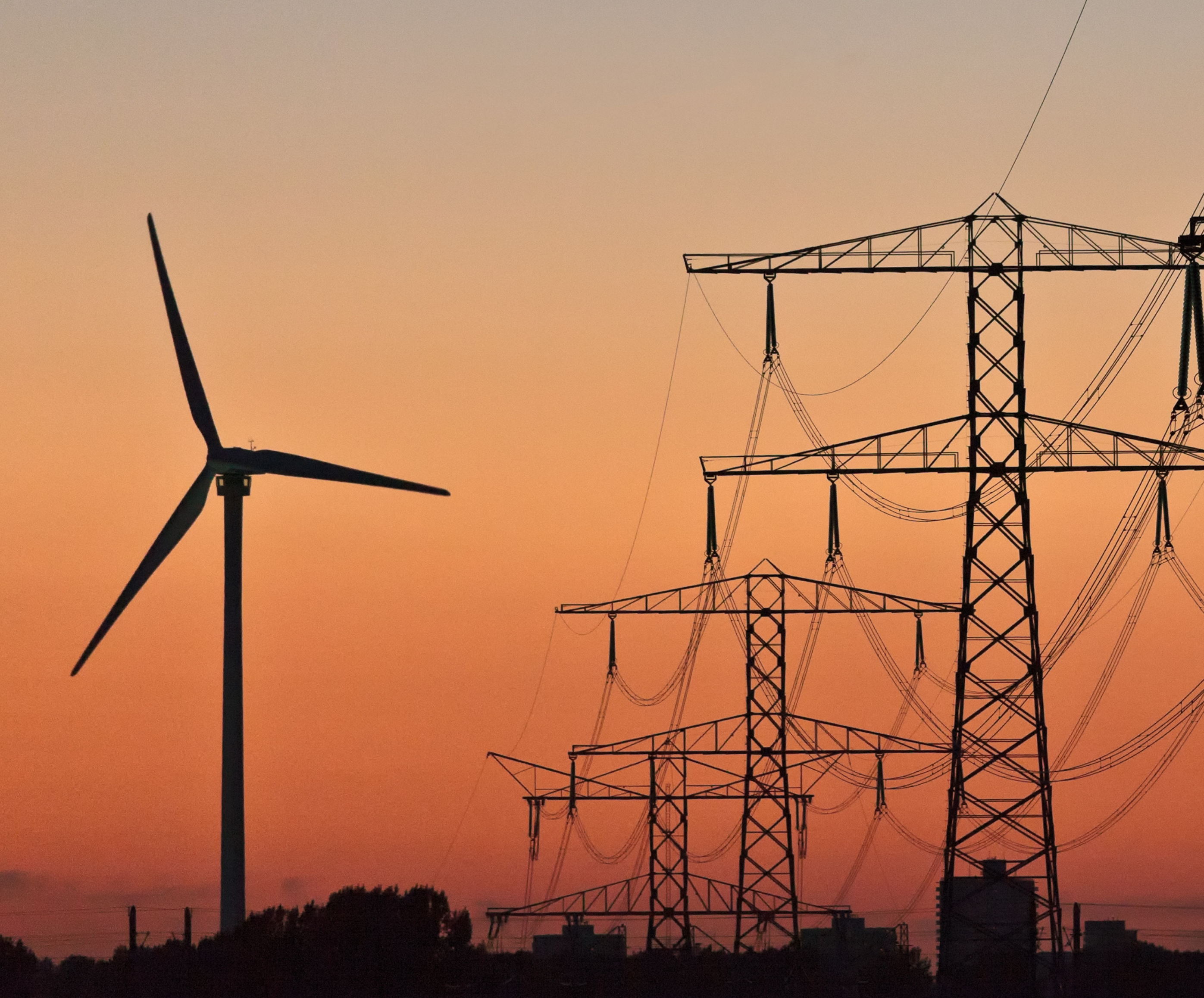New Report: Deep Dive of Financing Needs & Debt Vulnerabilities Nigeria, Ghana, Senegal & Côte d’Ivoire 2021
The COVID-19 pandemic has created new financing pressures amongst African countries, with countries having to finance socio-economic protection measures and vaccination rollouts, whilst economic activity has slowed from social distancing measures and international trade disruptions.
At the same time, African countries must still address large investment gaps, especially in infrastructure, to stimulate post-COVID-19 economic recovery and meet the UN’s Sustainable Development Goals by 2030 as well as contribute to the African Union’s 2063 Agenda. Tackling these investment gaps is something that many African countries have been proactive in, securing billions of dollars in external financing from a range of creditors.
This Deep Dive report explores the financing needs and debt vulnerabilities of four West African countries – Nigeria, Senegal, Ghana and Côte d’Ivoire. Importantly, the report demonstrates that current narratives of an ‘African debt crisis’ fail to contextualise debt levels. In particular, that debt volumes have grown alongside economic growth, shown through debt-to-GNI and that overall, there is room for high-quality debt to finance economic recovery and transformation.
We provide recommendations tailored to each of the four country’s context regarding what the country’s government – and civil society – can do to increase financial robustness going forward.
The report is available to download in English and French.
This report builds on our African Debt Guide, available in 5 languages here, which provided a qualitative analysis of the debt position of 20 African countries and is part of our Africa Unconstrained Project, which challenges current narratives on the economic future of African countries.
February 2022


